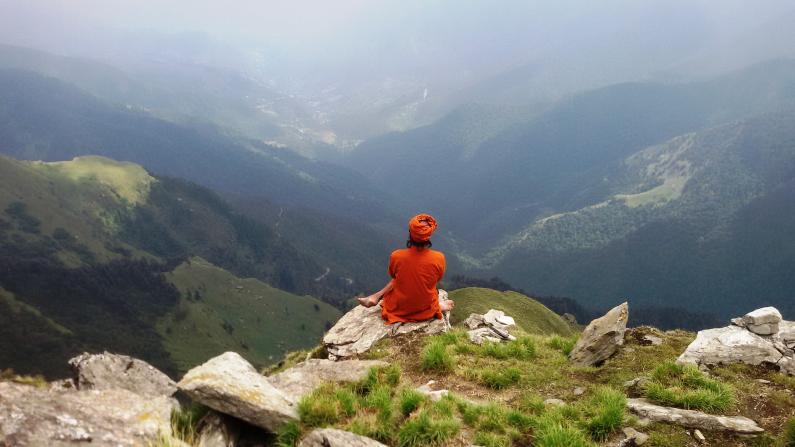Content
In situations of conflict many peace workers struggle to 'make time' for self-care in their daily lives. In times of disruption, war and political unrest, the urgency of the work that needs to be done is so high, that many individuals, teams and organisations put self-care on the back burner. However, evidence shows that lack of self-care is a major cause of illness, burnout, trauma and even premature death amongst peace workers and should be addressed early. Good practices of self-care increase our resilience, creativity and effectiveness to deal with the challenges of peace work, and sustain our very capacity to thrive in the field long-term.
Self-care goes beyond caring for our physical and mental health, it involves having healthy boundaries in our personal and professional relationships, and developing reliable support systems within our teams and organisations. This online seminar will explore self-care beyond concepts and theories and attempt to strengthen our individual and interpersonal self-care muscles at an embodied, day-to-day level. By the end of this course, participants will have connected with their capacity to mobilise resources to care for themselves, as well as infuse their teams and organisations with a culture of care.
Objectives
- To explore the multidimensionality of self-care. Understanding that self-care is an individual responsibility but not an individual task. This course will look at self-care from an individual, group and systemic level.
- To engage with regular individual, interpersonal and group practices of self-care. This course offers a safe space for self-exploration and self-actualisation of participants beliefs, habits and behaviours around self-care in their everyday lives.
- To exercise participants’ full responsibility and agency for their self-care and wellbeing within the group and in their conflict setting. This course is meant as a laboratory for exploring self-care inside and outside the classroom.
- To empower participants to identify and speak up for their needs and boundaries, to take effective action for supporting their wellbeing. This course offers a living example of systems and practices for taking care of oneself within a group.
- To connect with our creativity and resourcefulness to do peace work from a place of abundance. This course will tap into our power and strengths, increasing our capacity to be with stress and thrive in the midst of conflict.
Key Concepts
- Feelings, needs and boundaries
- Systemic care
- Resilience
- Stress, burnout and trauma
Workload
- Take-off session: April 5th, 2022
- Online Live Sessions: From April 12th to May 24th, 2022; every Tuesday from 12 PM to 2 PM CEST
- Methodology: Hybrid training approach (prescriptive and elicitive). The trainer will offer a conceptual framework drawing on her personal and professional experience in the field of peace activism, peace education, Nonviolent Communication, Mindfulness, psychoeducation, as well as living and working in the midst of military conflict and humanitarian crisis. There will be a strong focus on regular practice. Participants will be highly encouraged to use their own knowledge and experience to develop the most suitable self-care approach within their unique conflict setting.
- Deliverables:
- Solo Practices (around 2 hours per week). These ensure that learning is integrated at an embodied, sustained, day-to-day level. Readings and exercises will take participants on a journey towards the acquisition of skills and deep understanding of the topic of each online session.
- Buddy Practices (around 1 hour per week). These will allow participants to receive peer support at an individual, meaningful and applicable level. These guided exercises offer safety and structure for participants to explore mindful ways to be in each other’s presence. Moreover, these practices aim to consolidate an 'Empathy Support System' for continued support after the course ends. Participants are expected to contact each other, schedule and meet online via audio or videocall for practicing for 1 hour per week. Buddies will rotate every other week.
- Small Group Project (around 5 hours in total). This will give participants a space to dive deep, together into the aspect of self-care most important and applicable to them and their conflict setting. At the end of the project, participants will have action plan for caring for themselves in their specific conflict setting. Projects are to be presented on session 6.
- Theoretical Input (around 30 mins per week). Screencasts, podcasts, videos or readings will be given to participants to consolidate theory and practice, thus, maximising interactive time during the live session.
Total expected weekly hours: 6 hours (4 hours self-monitored + 2 hours live session).

